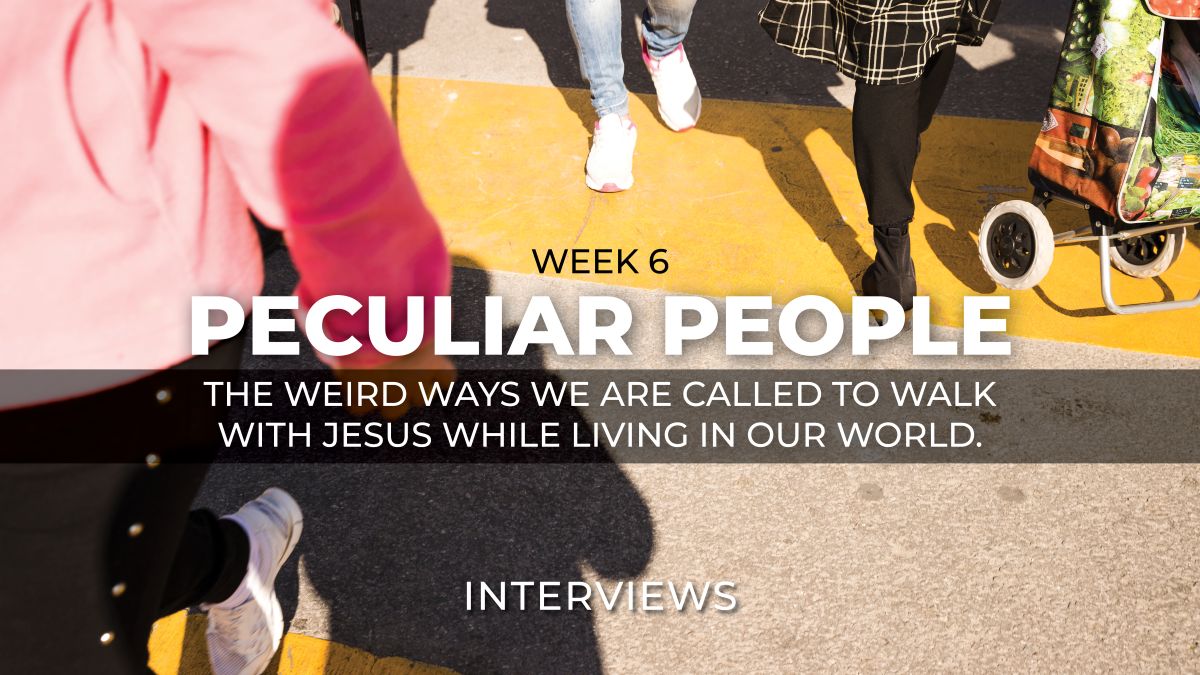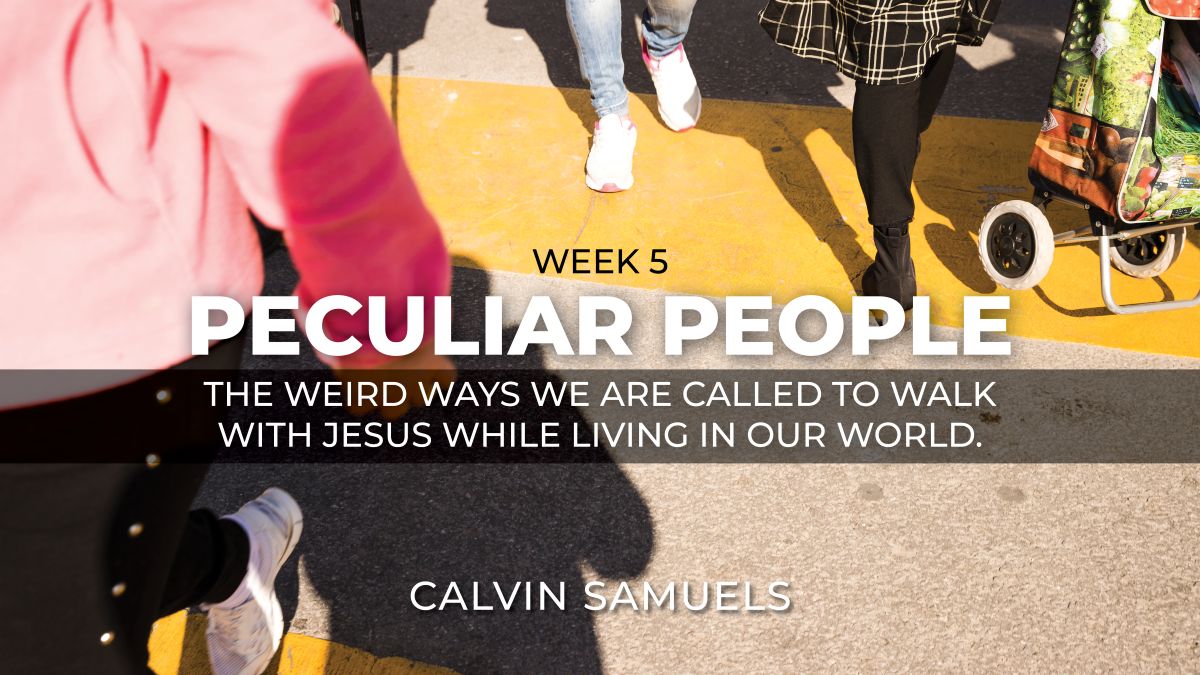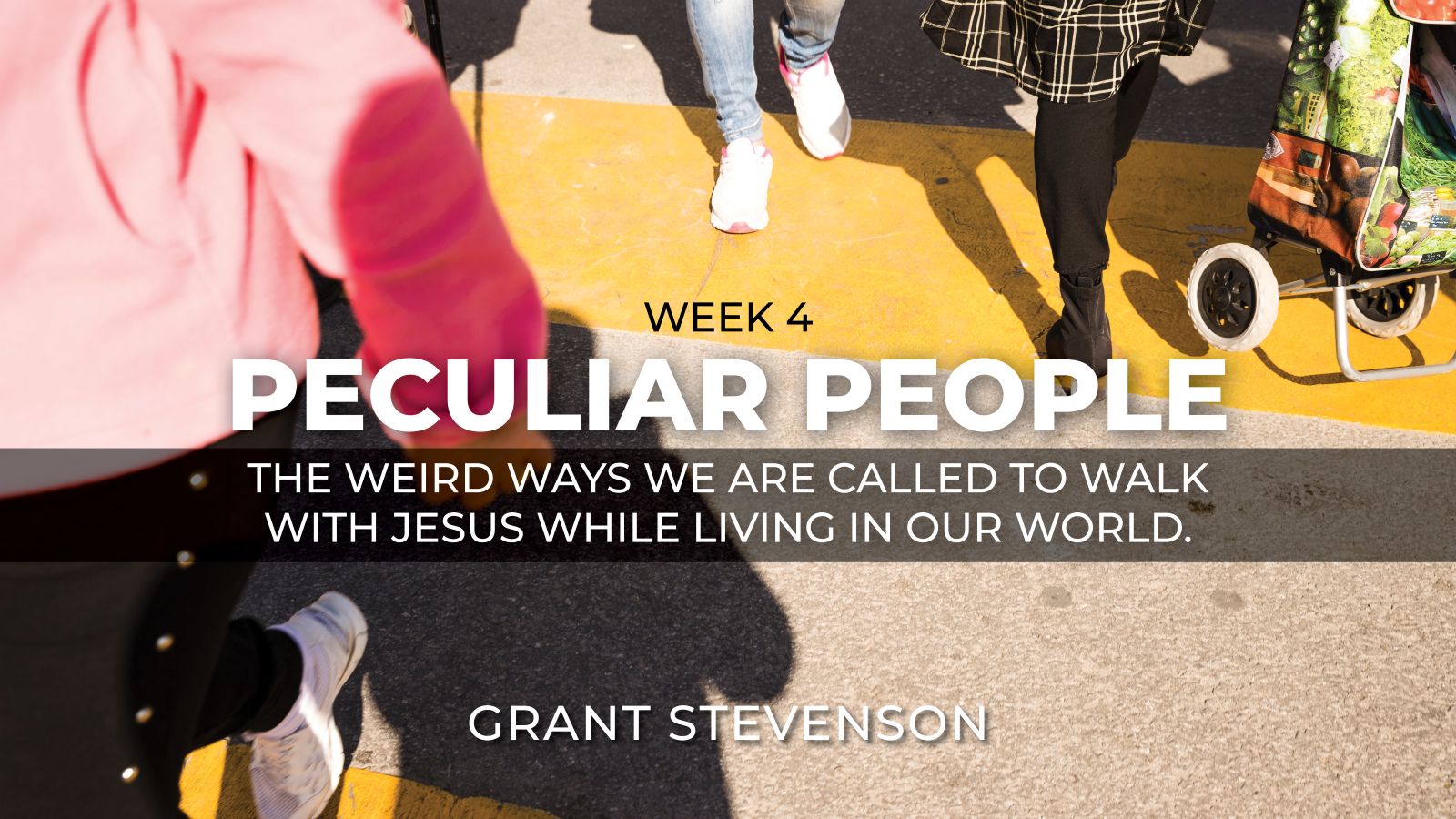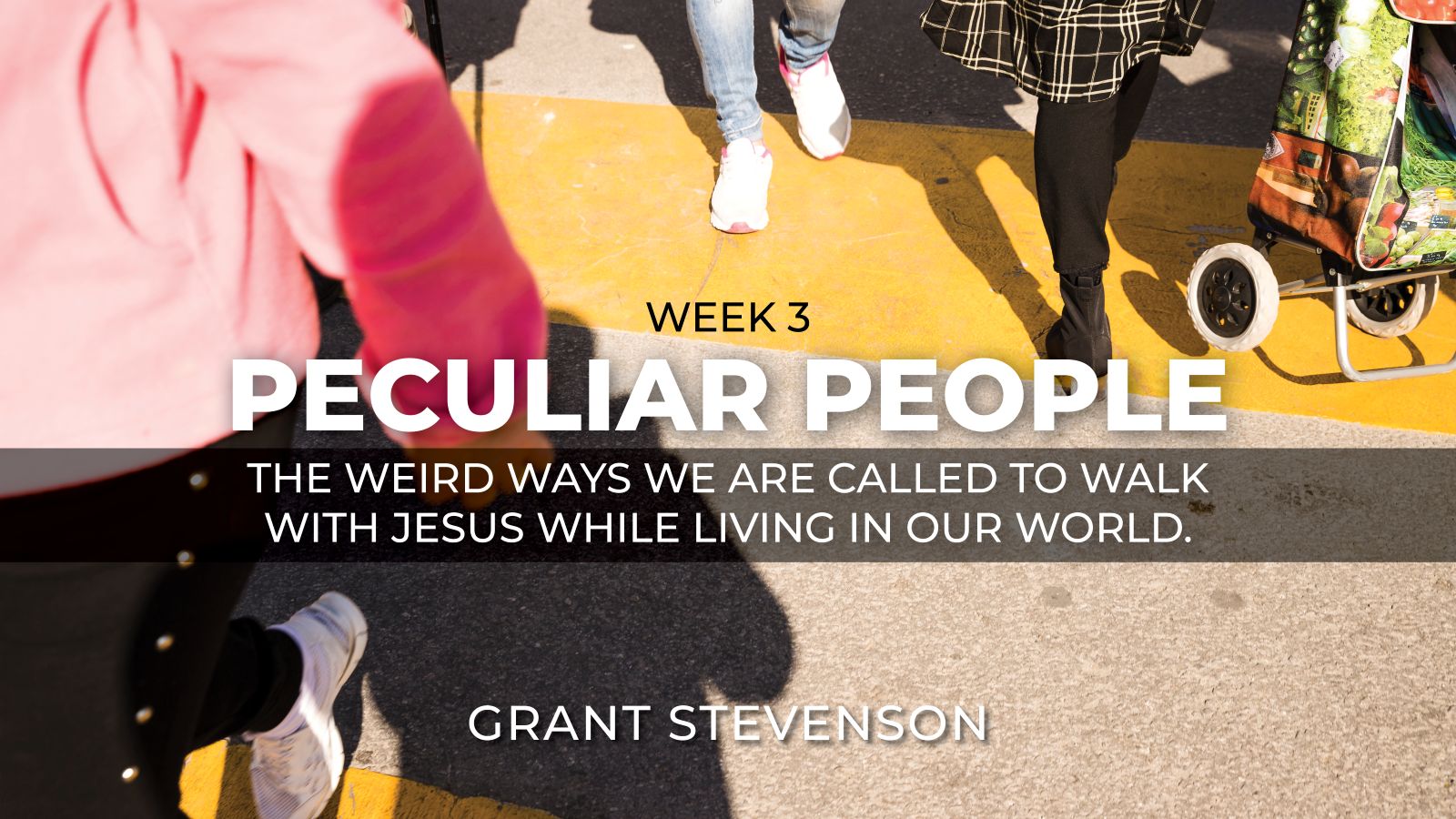When we walk in step with Jesus, learning from Him, we find rest in the rhythm of our work.
In our fast-paced world, the concept of rest often feels elusive and even peculiar. We are so ingrained in the “hustle” that productivity has become a modern idol, making a minute of doing nothing feel like an eternity wasted, or even immoral. Studies reveal that many full-time employees frequently skip lunch breaks or experience interruptions, leading to health complaints, even in countries where breaks are mandatory. Even high school students report feeling guilty about taking long breaks, indicating a widespread prevalence of hustle culture. This relentless pace leaves little room for the regular rhythms of rest, often making us feel awkward and out of place when we try to pause.
However, the problem is not work itself. Work is a pre-fall construction, part of God’s original design for humanity. After creation, God blessed humans with the work of subduing the earth and having dominion over it. This work, exemplified by Adam naming creatures, wasn’t about God needing assistance, but about relational connection – God desiring to “Be with me, walk with me, do as I do”. Interestingly, rest was also introduced at the very beginning, with God modeling a rhythm of refreshment by resting on the seventh day from all His work. In both work and rest, God desired to be with His people.
But sin entered the picture, distorting this beautiful design. Work, once a joyful connection, became about survival, cursed with pain, thorns, and thistles, requiring “the sweat of your face”. Similarly, rest was distorted; it was no longer for refreshment and connection but merely for recovery from cursed work, leaving us burnt out and weary.
Recognizing this distortion, God introduced the Sabbath to His chosen people, Israel, after rescuing them from Egypt. The Sabbath was a taste of His pre-sin rhythm of rest and work, a day where all work ceased. This was not a secondary command; God took it very seriously, even making it a sign between Him and Israel that He sanctifies them, setting them apart. Beyond the weekly Sabbath, God structured their entire nation around elaborate rhythms, including yearly high sabbaths, sabbath years where the literal land would rest, and even a jubilee year for debt forgiveness and freedom. All these sabbaths were opportunities to escape sin-distorted work and reconnect with their Creator – to “be with Him, walk with Him, and do as he does”.
However, the Israelites, influenced by the sin within them, often failed to enter this rest, desiring to have their own way rather than depending on God. They missed out on the true rest, as sin tempts us with the lie that we can be God, making us feel that we cannot stop working when there is so much to be done. Observance of Sabbath rest requires reliance and dependence on God, trusting that His work is finished.
The good news is that there “remains a Sabbath rest for the people of God”. This rest is found in Jesus. He invites, “Come to me, all who labour and are heavy laden, and I will give you rest. Take my yoke upon you, and learn from me, for I am gentle and lowly in heart, and you will find rest for your souls. For my yoke is easy, and my burden is light”. Jesus fulfills the law, including the Sabbath, by doing what the law, weakened by our flesh, could not do. He finished His work on the cross, declaring “it is finished,” ushering in this Sabbath rest for us.
When we accept Jesus’ invitation, we are yoked with Him. Just as a younger ox would be yoked with a seasoned one, with the older carrying the majority of the weight, Jesus bears the brunt of our burdens. His yoke is “easy” not because the load disappears, but because it fits perfectly and doesn’t chafe our neck. When we walk in step with Jesus, learning from Him, we find rest in the rhythm of our work.
So, how do we incorporate this rhythm of rest into our lives? Don’t overthink it. The peculiarity others should notice in us is not just that we observe a particular day, but the perpetual rhythm of refreshment we walk in because we have “been with Jesus”. Pick a time – daily, weekly, monthly – make it regular, put it in your calendar, and go be with Jesus, walk with Him, and do as He does.
Reflect:
- How do you personally feel about taking intentional time to do nothing, and what societal pressures contribute to those feelings?
- God’s original design for work was centered on relational connection, not just productivity. How might viewing your daily tasks or work through this lens change your approach or perspective?
- What practical steps can you take to “bake” spaces of reconnection with God into the fabric of your own daily or weekly calendar?
- Sin makes us desire to “be God” rather than “be with God,” leading to a struggle with stopping work and relying on Him. Can you identify times in your life when this desire for self-reliance has made true rest difficult?
- What does “taking Jesus up on his offer to be with him, walk with him and do as he does” practically look like in your life, especially when facing heavy burdens?
What practical next step can you take based on this?
Closing Prayer:
Heavenly Father, we confess that we often get caught in the hustle of this world, allowing productivity to become an idol and rest to feel elusive. Forgive us for striving in our own strength and for forgetting Your original design for work as relational connection and rest as refreshment. Thank You for Jesus, our ultimate Sabbath rest, who bore the full weight of our burdens on the cross and now invites us to take His easy yoke. Help us to accept His invitation daily – to be with Him, walk with Him, and do as He does. May our lives reflect a peculiar, perpetual rhythm of refreshment that points others to You. Amen.
Watch the sermon on YouTube.




